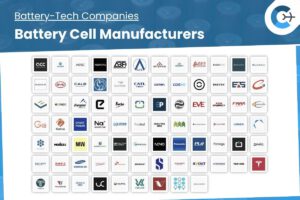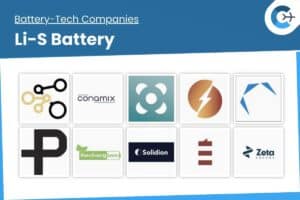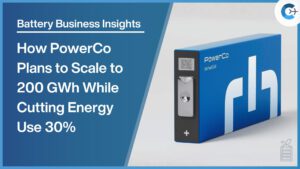The U.S. Commerce Department announced on Thursday that it will impose preliminary anti-dumping tariffs of 93.5 percent on anode-grade graphite imported from China. The department concluded that the material, a critical component for electric vehicle batteries, is being sold in the U.S. at less than fair market value. A single anti-dumping margin and cash deposit rate of 93.5 percent applies to all Chinese producers.
Commerce estimates that imports of anode-grade graphite, defined as material with a minimum purity of 90 percent carbon by weight (synthetic, natural or blended), were valued at $347.1 million in 2023. These preliminary duties may be combined with countervailing duties stemming from a parallel subsidy investigation launched on May 20. That probe resulted in a preliminary countervailing duty of 6.55 percent for most exporters, and rates of 712.03 percent for Huzhou Kaijin New Energy Technology Corp and 721.03 percent for Shanghai Shaosheng Knitted Sweat. Final determinations on both measures are due by December 5, 2025.
The action follows petitions filed in December 2024 by American Active Anode Material Producers, a U.S. trade association representing domestic graphite manufacturers. The group estimates that, when layered on existing duties, the effective tariff rate could reach approximately 160 percent.
Industry analysts warn that higher levies on graphite, which accounts for roughly two-thirds of nearly 180,000 metric tons of graphite imports in 2023, could further strain the global EV supply chain. The International Energy Agency has identified graphite as a material with high exposure to supply risks and has called for urgent diversification efforts.
Consultancy CRU Group calculates that a 160 percent tariff would add about $7 per kilowatt-hour to the cost of an average EV battery cell—equivalent to nearly one-fifth of the U.S. battery manufacturing tax credits under the Inflation Reduction Act. Automakers and major battery suppliers, including Tesla and Panasonic, have urged U.S. authorities to reconsider, citing insufficient domestic production capacity to meet quality and volume requirements. Higher costs for graphite may challenge EV manufacturers as policymakers balance supply-chain resilience and industrial competitiveness.
Source: Reuters
















